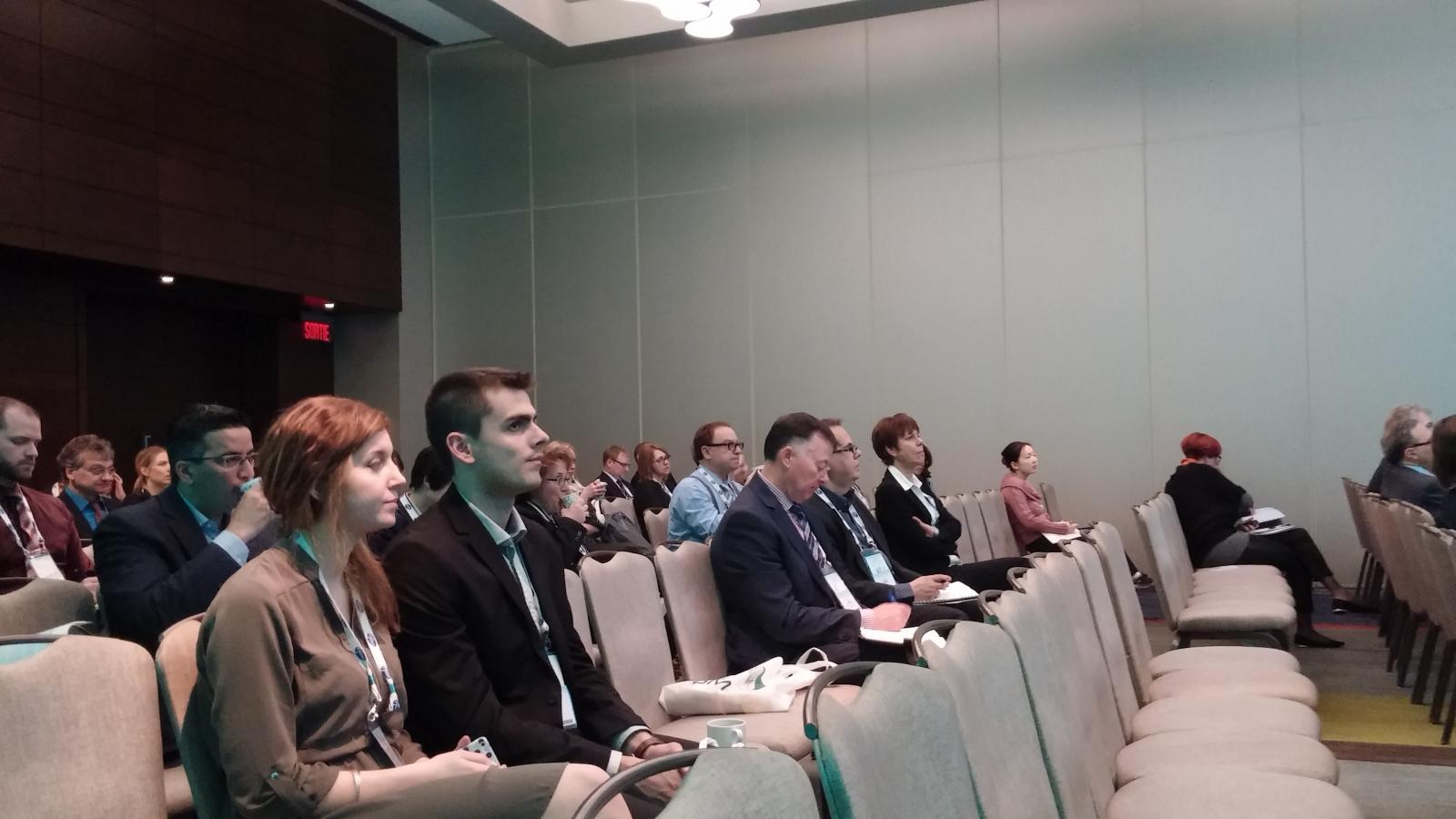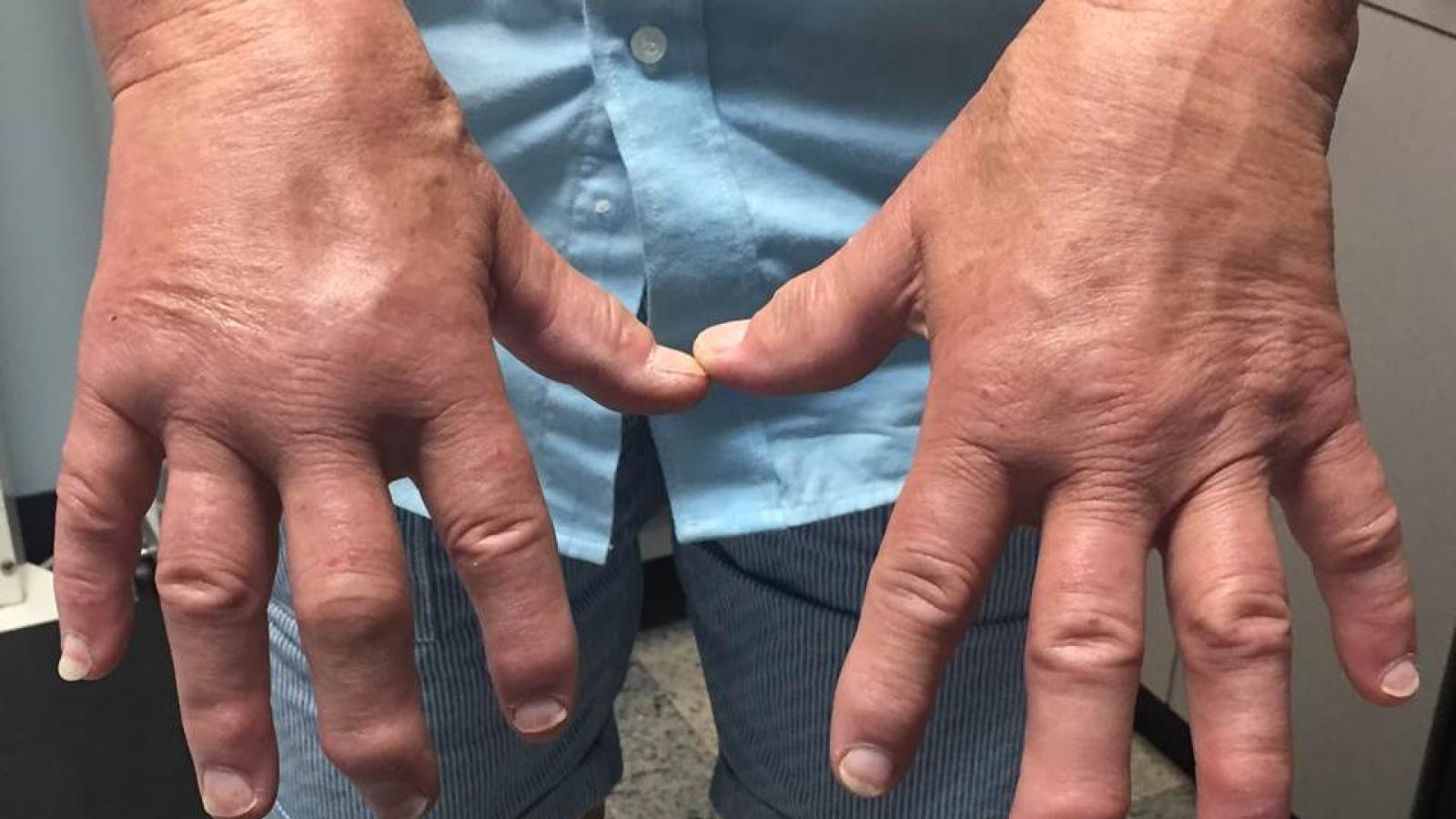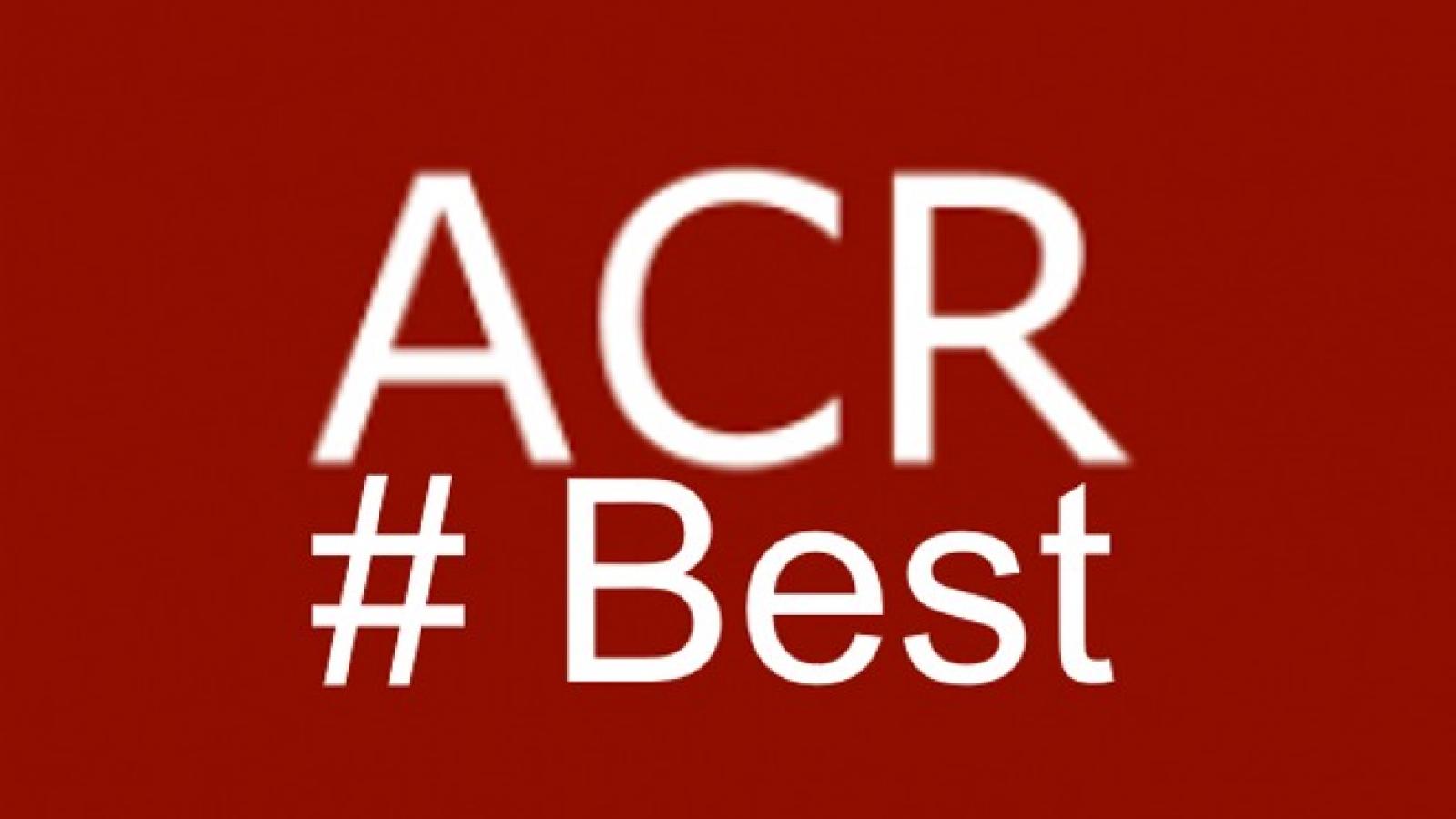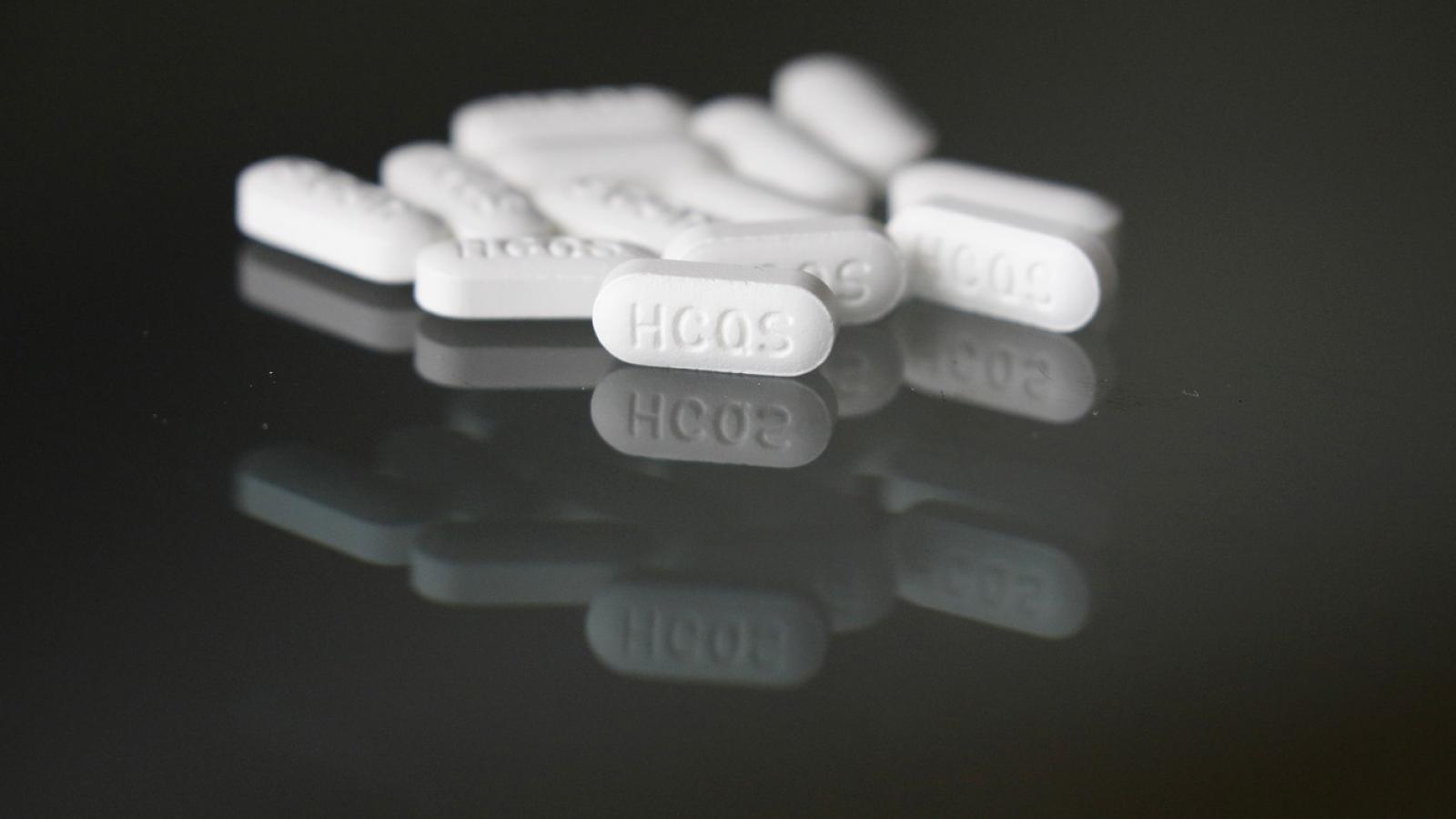Drug Safety
My favorite three presentations from day 4 (Tuesday) at ACR 2021 included the following.
Hitting the home stretch, day 3 presentations were big! Here are a few of my favorites: secukinumab efficacy in juvenile PsA; VEXAS - predicting poor outcomes; and the FDA Safety Update session.
Should we start considering therapeutic drug monitoring when prescribing TNFi for treatment of our rheumatologic conditions?
Psoriatic arthritis is currently experiencing a burgeoning selection of treatment options. While this is a very welcome development in a disease which has had less treatment options compared to RA, it leaves us with a difficult conundrum: which agent to choose for an individual patient.
The third day of ACR 2021 took a big leap in online content. Here is a compilation (with links) of presentations were the “ACRBest” as seen by our RheumNow faculty.
This report highlights the VITAL trial; the ORAL Surveillance Study; and the Microbiome study of monozygotic psoriasis patients.
Methotrexate may be a rheumatologist’s best friend, but a key part of counselling any patient about its use has always been the risk of hepatotoxicity. Despite methotrexate’s near-ubiquitous use in rheumatology, and the consequent frequency of patient counselling about it, relatively little is known about what precautions are absolutely required, a situation which might otherwise provoke anxiety for patients.
Januse kinase (JAK) inhibitors are targeted synthetic disease modifying anti-rheumatic drugs (tsDMARDs) that have risen in popularity as earlier treatment options for rheumatoid arthritis. With multiple JAK inhibitors available in the United States (tofacitinib, baricitinib, and upadacitinib), patients who fail one treatment option have the ability to switch to another agent or change to biologic therapy.
The RheumNow faculty reporters have been scouring and reporting on the best abstracts from the ACR. Here is a sampling of their choice abstract presentations reported during ACR 2020 Day 2 (#ACRbest).
The opening of ACR2 Convergence was a hit for all who signed up and viewed in. The day included the presidential address by outgoing president Dr. David Karp (UT Southwestern) and a keynote talk and interview with Dr. Seema Yasmin (Stanford).
The Year in Review featured a clinical vs basic science Brigham and Women’s Hospital faceoff between its two faculty, Dr. Karen Costenbader and Dr. Michael Brenner.
Growing awareness of spondyloarthropathies over the last two decades has led to a better understanding of the pathophysiology of spondyloarthritis, and subsequently increased interest in more distinct, disease state specific treatment options.
Patients with rheumatic diseases – requiring lifelong immunosuppressants— are at high risk for respiratory and viral infections. Over the past decade, an armamentarium of biologic and targeted therapies has led to better control of disease activity in patients with rheumatoid arthritis. Whether these patients, especially those receiving newer biological and targeted therapies such as JAK inhibitors, are at an increased risk of severe COVID-19
Dr. Cush reviews the news, and kicks off ACR21 learning and how to take in the annual meeting.
Since the start of the pandemic, hydroxychloroquine (HCQ) was forced into the limelight for the prevention/treatment of COVID-19. When it was found to be ineffective for COVID-19 and might cause potential harm, the drug came under closer scrutiny for its safety profile.
New research presented this week at ACR Convergence, the American College of Rheumatology’s annual meeting, shows that allopurinol and febuxostat may effectively lower urate levels when used in a treat-to-target approach. Importantly, both urate-lowering therapies were very effective with 90% of patients reaching target urate levels. Additionally, both appeared safe, with no evidence of increased cardiovascular toxicity (Abstract #1900).



























 Poster Hall
Poster Hall